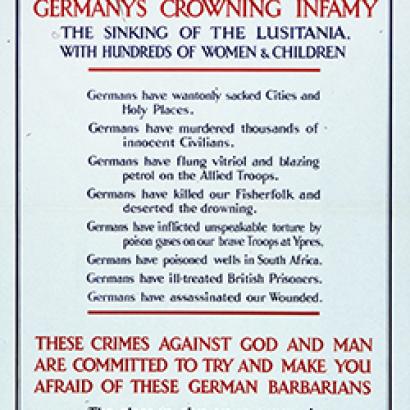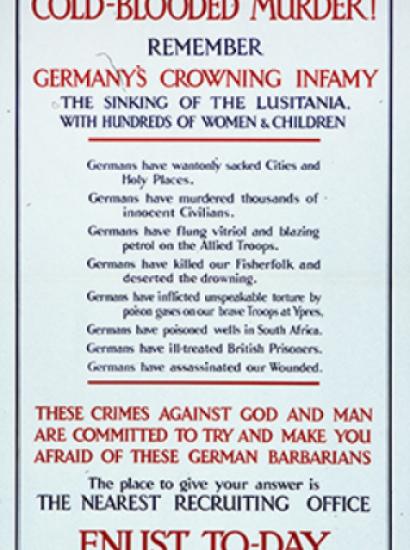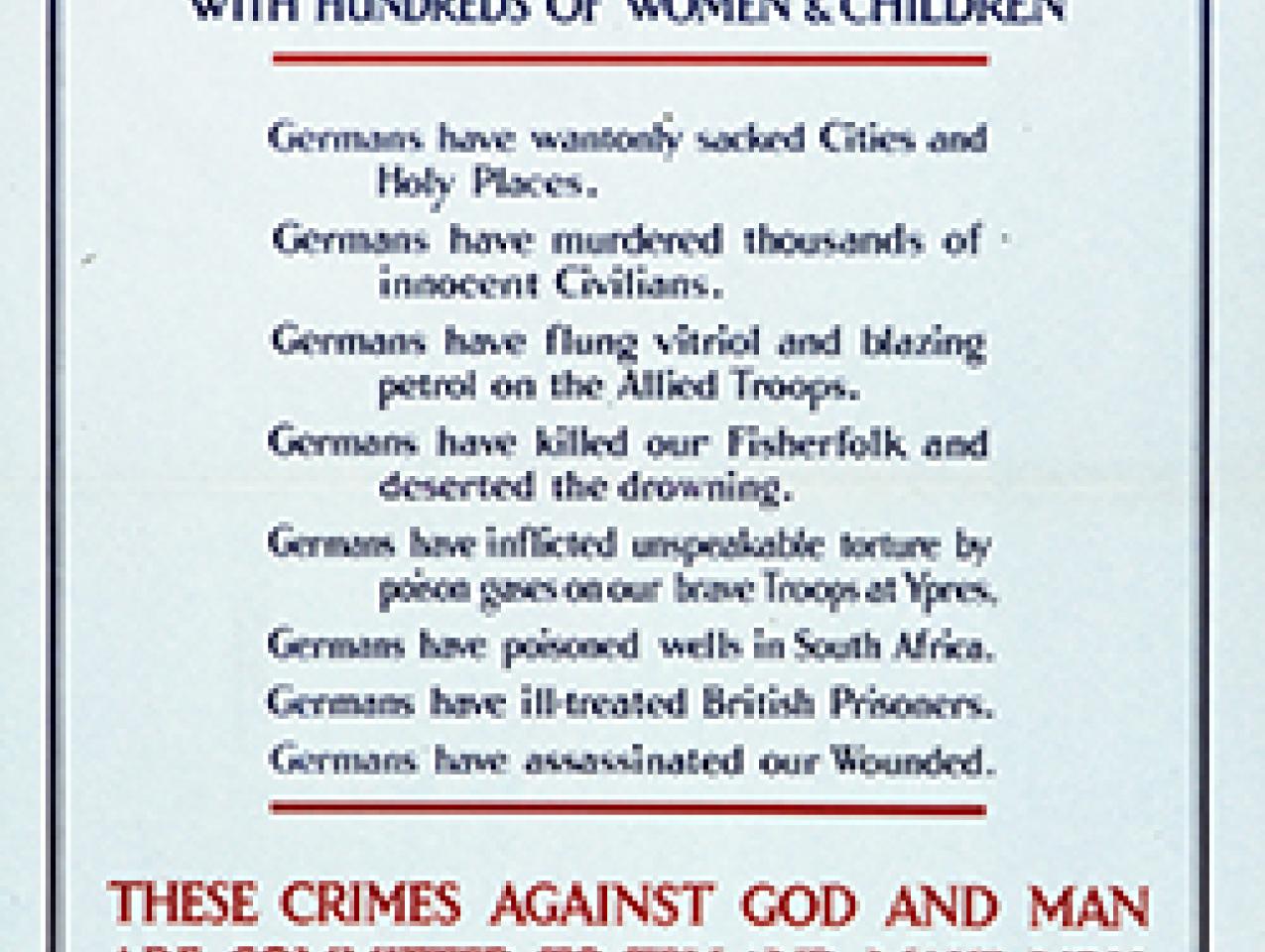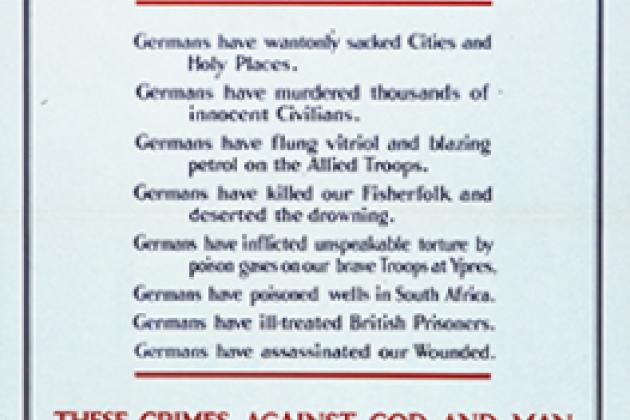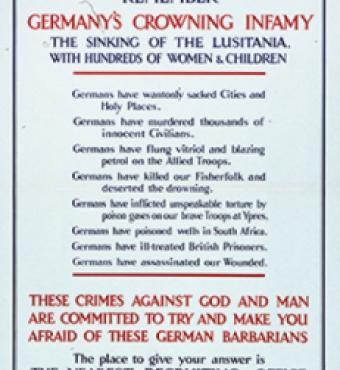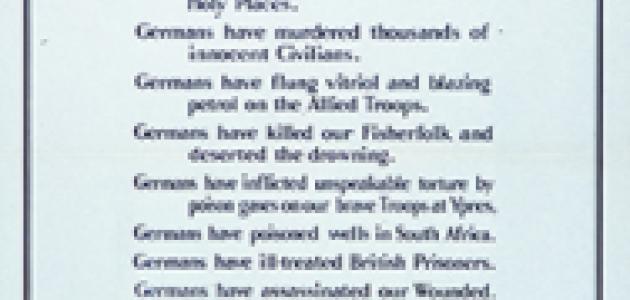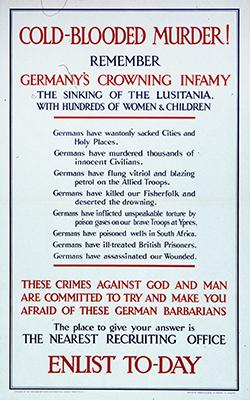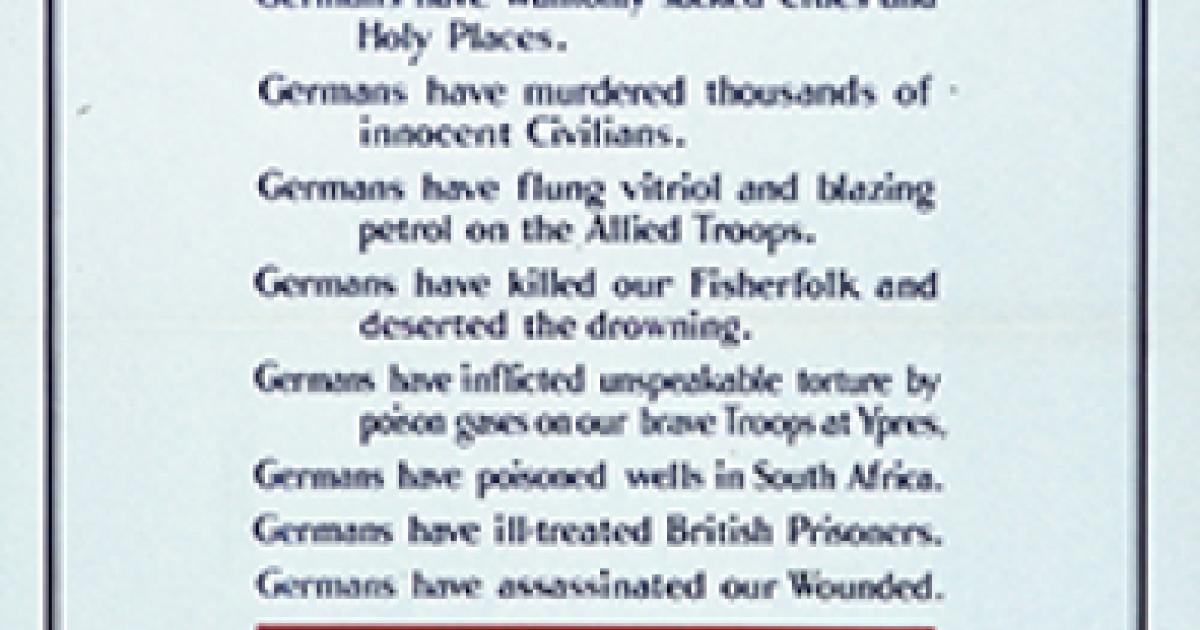- History
- Military
- World
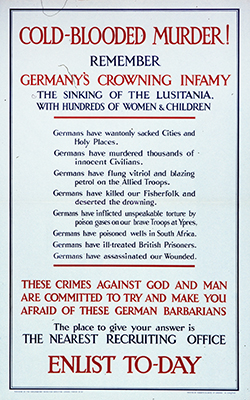
During the week in which this column was drafted, renewed fighting, replete with atrocities, spread in Darfur; in Mozambique, Islamist fanatics continued to kill fellow Muslims; in Chad, the ethno-religious conflict worsened; the Chinese government continued to torture Uighurs; the Taliban welcomed the prospect of an American withdrawal with fresh attacks; and deadly eruptions pocked the Middle East.
In other words, humanity continues to be human.
Our inability to confront brutal realities with even a hint of honesty immediately summons the all-American myth that religious conflicts have nothing to do with religion and ethnic violence can be quelled forever through progress and reason.
In other words, history has nothing to teach us: We know better.
Yet, our problem with humankind’s factual record (and classic literature) goes even deeper. We would rather lose wars than define them honestly. Our insistence that “all men want peace” is as absurd a fantasy as anything propounded by QAnon.
In the four decades during which I have written about violent conflict in its varied and varying forms, no observation has excited as much furious denial as the statement, underscored by Homer and ISIS, that at least a small minority of human beings thrive on violence and find no act—not even sex—as gratifying as taking the lives of others. Whether for Achilles or an ISIS executioner, killing is the apotheosis of being.
Certainly, not all men or women hunger to shed the blood of others. Humans are diverse and react differently to war or to other forms of conflict. Some humans refuse to take up arms. Others are shattered by the violence they experience. For another set, violence is haunting but not paralyzing. For many, historically, fighting was a duty and killing a necessity and they longed for their war to be over so they could go home. Then there are those who just like to fight, who don’t think about killing beyond its necessity but thrill on the adrenaline high of combat. Last and least attractive are those men who thrive on inflicting pain and death, who throb with life as others suffer and die, who devise the ways and means to intensify the agony of their victims.
These last are the terrorist executioners who burn their victims alive, and they are volunteers. Inflicting pain is their joy. They revel in the fear in the eyes of their victims. Killing turns them into little gods.
They are irredeemable, whether tribal warriors, psychopaths in uniform or street thugs, but we cannot accept that, either. In our inherited conviction, all human beings can be saved, if only we discover the right formula. But, if we wish to have the slightest chance to put an end to violent conflicts, we have to be willing to kill those addicted to killing. Instead, we worry that we might offend them.
There is more human reality in The Iliad than in all of the analyses of war produced by our intelligentsia in the entire last generation. So we close Classics departments.
Our commentators embrace those who return from war tormented and accept those who rue lost years. They are our heroes now. But the classical hero is anathema, and the triumphant killer cannot even exist.
What we cannot ignore, we mislabel; what we cannot accept, we ignore.
The great American philosopher and psychologist William James—a pacifist—wrote that “History is a bath of blood.” Is there a more cogent description of our collective past?
And today? History is a mistake that must be erased as we nudge the benighted of our world toward paradise.
But even Paradise had its serpent. And the human race will never lack exuberant killers.







